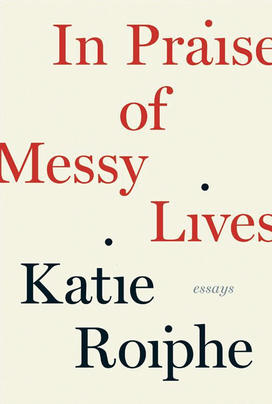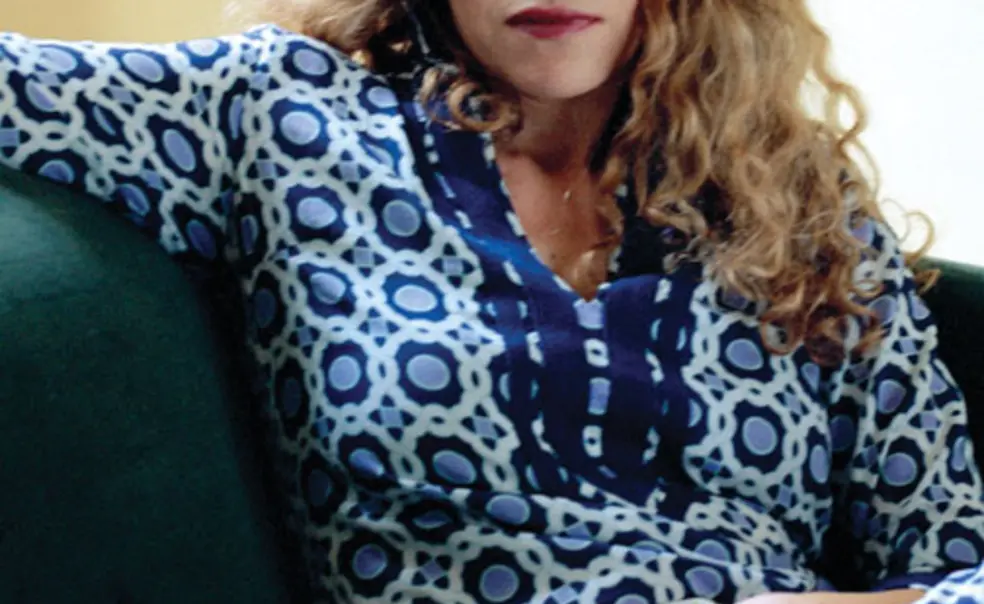
Katie Roiphe *95 has not shied away from controversial interpretations of contemporary culture, beginning with her 1993 book, The Morning After: Sex, Fear, and Feminism, which was published when she was a doctoral student in English at Princeton. Her latest book reflects a similar willingness to challenge readers to rethink cultural norms. In Praise of Messy Lives (Dial Press) is a collection of sharp essays whose common theme is a criticism of what she deems the liberal intelligentsia’s otherwise traditional preoccupation with a “healthy” life and a growing unwillingness to accept those who live or think outside of the mainstream.
The book coalesced around Roiphe’s observation and, in turn, her frequent essays in periodicals and online column on Slate.com, that a certain educated (and, in Roiphe’s opinion, largely politically liberal) population was too focused on sterile goals: the right family, the right schools, and the right career. These individuals have “latent moralistic attitudes toward people who live outside of certain cultural scripts” and “are judging people who are not conforming to very traditional, conservative ideas of family, for instance,” says Roiphe, a journalism professor at New York University.

In one essay, Roiphe taps the modern television phenomenon Mad Men to juxtapose today’s hyper-achievers with Don Draper’s more decadent and relaxed — and arguably more creative — contemporaries of the 1960s. She writes, “As a culture we have moved in the direction of the gym, of the enriching, wholesome pursuit, of the embrace of responsibility, and the furthering of goals, and away from lounging around in the middle of the afternoon with a drink.” Such “wholesome pursuits,” she contends, stifle both individuality and the ability to “seize the day.”
Another essay suggests that society’s subtle deprecation of the single mother is both stereotypical and misguided — might not a woman free of a damaging relationship be a better mother than one in an unhappy marriage? Why is society so quick to condemn a “messy” life that actually may be quite full and quite loving?
“I am attracted to topics that are uncomfortable and always have been,” says Roiphe. “What I really want to do is get people to think about things” and encourage people “to be less puritanical and parochial and bourgeois.” By Kathryn Beaumont ’96
WHAT SHE’S ABOUT TO READ: Toby’s Room by Pat Barker
What is it about? “Barker has written several novels about the craziness surrounding World War I. This is her latest.”












No responses yet